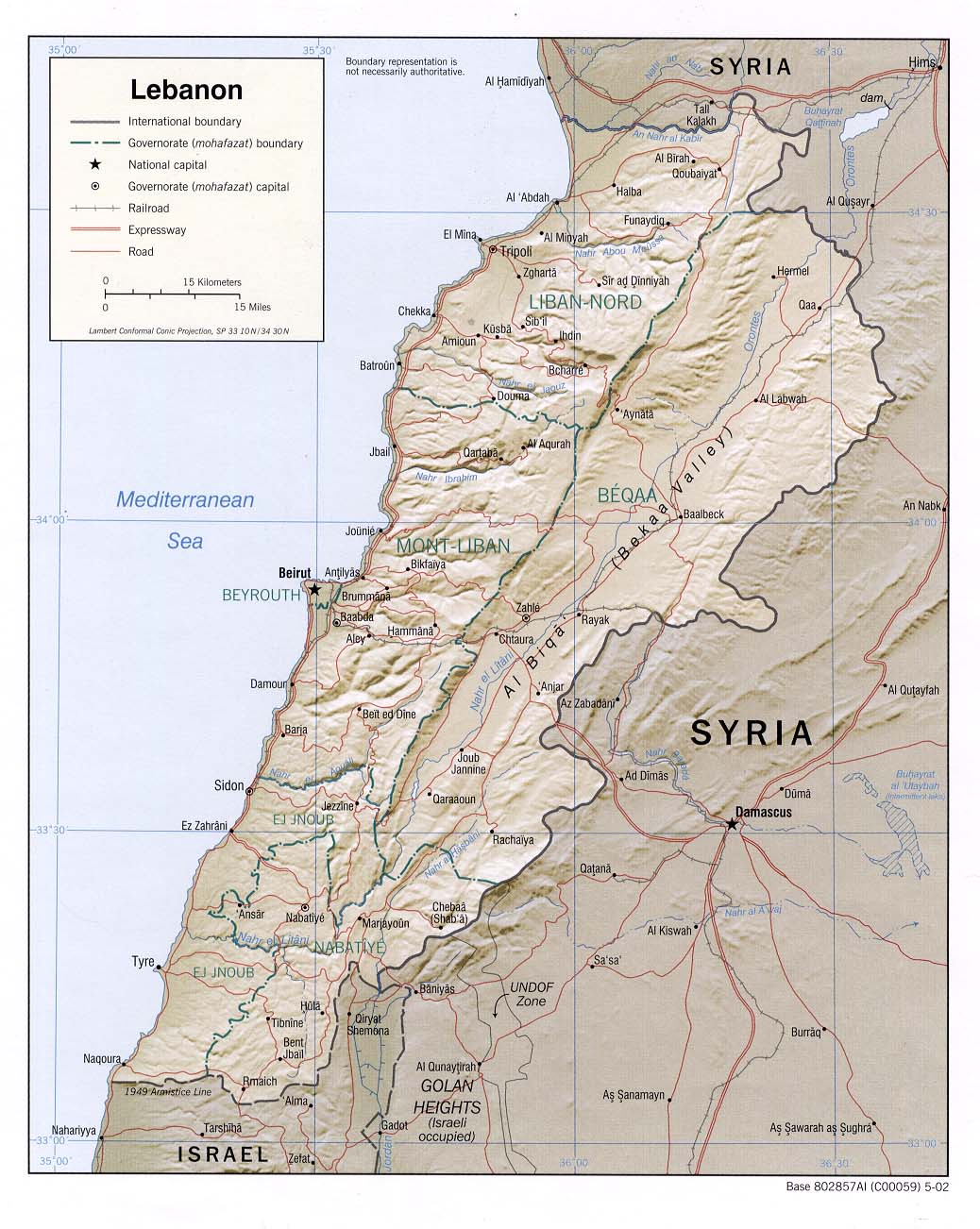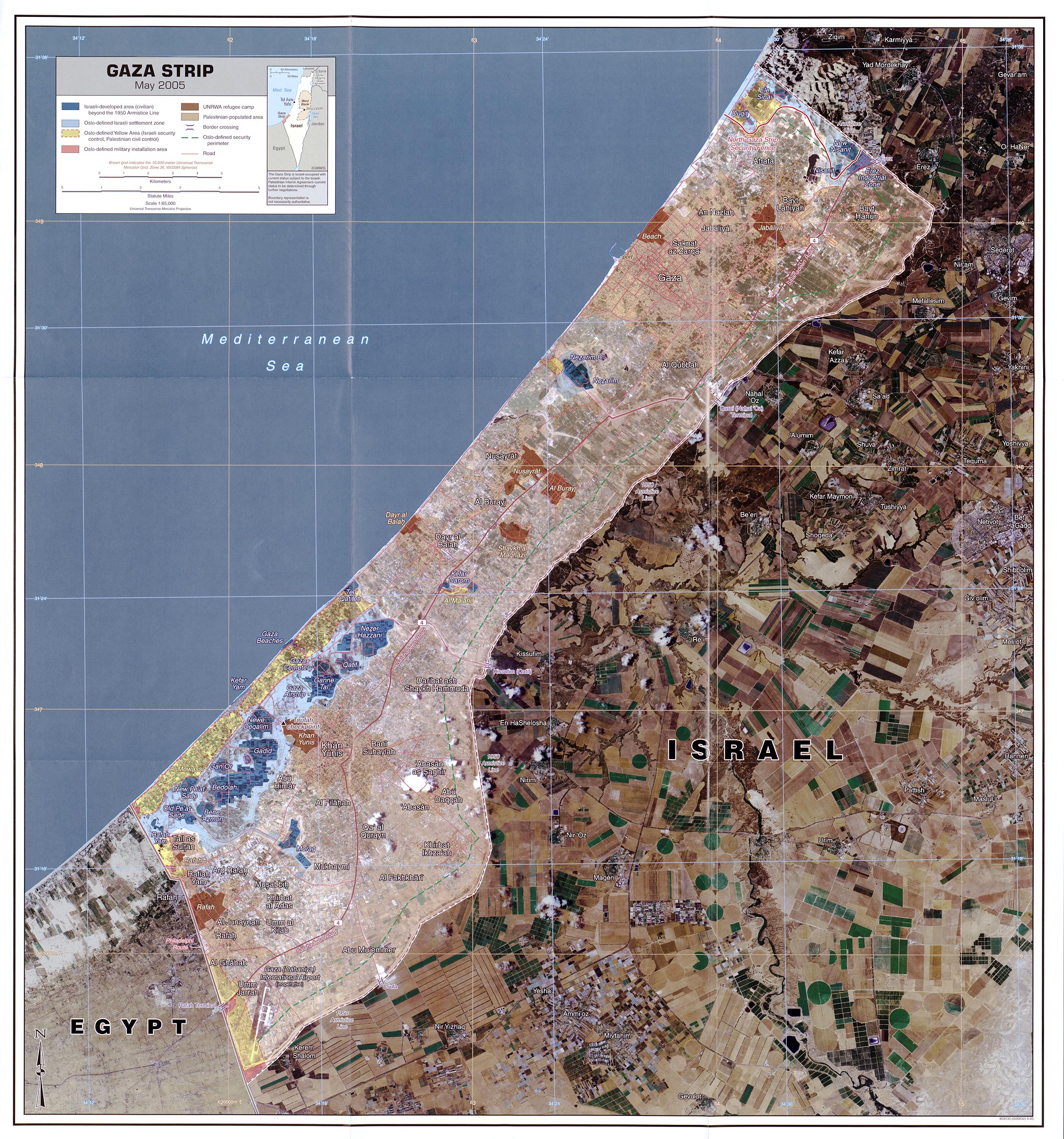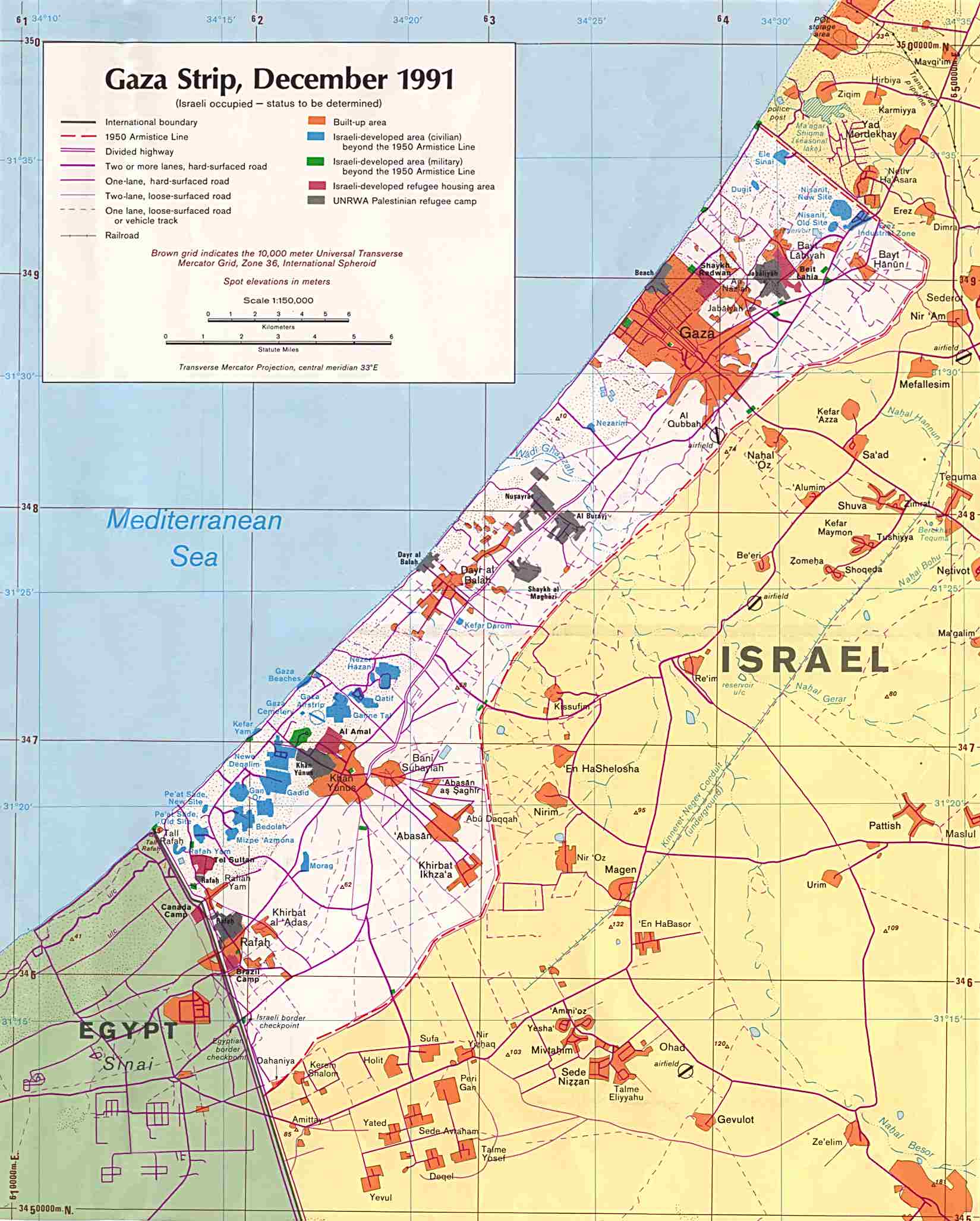Israel: An Embarrassment of Rockets
http://www.strategypage.com/qnd/israel/articles/20060803.aspx
August 3, 2006: In the last 24 hours, Hizbollah fired a record 231 rockets at five Israeli towns, killing one Israeli (a civilian) and wounding 49. The Hizbollah rocket campaign against Israel has been a colossal failure, and this is being noticed in the Arab world. So far, it appears that Hizbollah has to fire over a hundred rockets, to kill one Israeli civilian. This is not impressive, especially when you consider that Hizbollah is trying to kill Israeli civilians. Many of the rocket warheads have been modified (with the addition of hundreds of small metal balls) to enhance their anti-personnel effect.
The Hizbollah problem is that they are firing unguided rockets at a handful of targets (residential areas) within 20 kilometers (the range of their 122mm rocket) of the border. These rockets will only hit something if you fire a lot of them (several dozen is best) and aim them properly. But the Hizbollah rocket teams, operating at night, and under constant threat of discovery by Israeli aircraft and UAVs above, must move quickly. This apparently means that careful placement of the launchers is not a high priority. That can be seen by the increasing number of rockets landing in unoccupied areas. On some days, the Hizbollah rockets don’t kill or wound anyone inside Israel.
Meanwhile, the Israelis, using guided weapons (missiles and smart bombs), are trying to avoid civilian casualties. They have a more difficult time of it, because nearly all their bombs and missiles hit what they are aimed at. Still, that has resulted in one dead civilian for every two or three bombs and missiles used. That’s an unprecedented reduction in “collateral damage.” But it isn’t getting reported that way. And when one Israeli bomb apparently killed over fifty civilians, the Arab world cried “war crime.” However, when Arabs were asked how they would respond to a similar hit on Israeli civilians, they believed that would be a “great victory.” Same attitude was seen back in World War II, when, early in the war, German and British bombers were hitting each others civilians.
For many Arabs, and their Western supporters, objectivity has been tossed aside, and reality twisted to conform to more popular views. Israel was attacked by a terrorist group, whose ultimate goal is the destruction of Israel and establishment of a worldwide religious dictatorship. Yet many see Israel as the aggressor, for defending itself too vigorously. As a democracy, Israel is responding to its public opinion, which is solidly behind the response to Hizbollah aggression.
This is very much an Information War, where keeping facts to yourself is a matter of life and death. Hizbollah can only make vague assertions that it has not been hurt. To provide any accurate information would only aid the Israelis. Same thing on the other side. Although, as a democracy, with a free press, the Israelis can’t manage the news as well as Hizbollah, the Israeli military does keep details of what they are doing secret. This prevents Hizbollah from knowing any more about what tactics and techniques the Israelis are using.
That said, the Israelis appear to be approaching the destruction of Hizbollah in a methodical fashion. The first two weeks were spent hitting Hizbollah targets that were obvious, and some non-obvious ones obtained from agents on the ground or within Hizbollah. While these air attacks appeared to hit things that all Lebanese used, like highway overpasses and bridges,. on closer examination, the bombs were placed where they would do temporary damage (just taking down some of the roadbed), rather than much longer term, and expensive to repair, damage (to main supports). This detail was noticed by many Lebanese.
The campaign against the Hizbollah rockets proceeds on several levels at once. When rocket storage facilities are found, they are attacked quickly, before the rockets can be launched. Many of the rockets were stored under residences, schools and mosques. The Hizbollah plan was to have launch teams that could quickly take out the rockets, set them up in launchers, and fire them. Since firing the rockets would give away the position to the Israelis, Hizbollah learned not to try and use the same position twice. If all the rockets in a storage area could not be fired, then the unfired ones had to be moved.
Israel has hundreds of aircraft, UAVs and helicopters equipped with night vision sensors, and capable to patrolling the roads and hills along the border. The Israelis tried to take advantage of the size and range characteristics of the Hizbollah rockets. The most common rocket, the 122mm one, weighs 150 pounds and is nine feet long. But it’s range is only twenty kilometers. Since most of northern Israel is sparsely populated, you have to launch the 122mm rockets within a few kilometers of the border to have any chance of hitting anything. But any vehicle moving on the road, that looked like it could carry these rockets, was subject to attack. The Israeli night stalking tactics appear to have put the Hizbollah launch teams under a lot of pressure. Once rockets were out in the open and being set up, they were vulnerable to attack. Some of these launch sites were hit before the rockets could be sent on their way. This was obvious, because, first, there was an explosion, then secondary explosions and some rockets flying off in various directions. The Israelis learned that hitting the launch sites would catch rockets that had not launched, or others that could not be moved away yet.
Death from above was a bigger problem for the larger rockets, that could reach deeper into Israel. These rockets had the range, but they were still unguided. You needed a special launcher, and some time to get the rockets lined up just so, in order to hit a large town or city 50-70 kilometers inside Israel. Few of these have been launched, especially after the first two weeks. Even larger rockets, that can reach Tev Aviv, make an even more distinctive sight at night, to Israeli sensors. Several of these very large rockets have already been caught in the open, and destroyed. Neither side is saying how many of these very large missiles there are left. But Hizbollah will continue trying to move them into position, and Israeli troops will continue trying to prevent that.
To that end, more and more Israeli ground troops have been going into southern Lebanon over the last two weeks. At first, the Israelis sent in small patrols of very highly trained troops. These were there, in part, to confirm intelligence (from air recon and agents) of exactly what Hizbollah had on the ground. This phase has apparently been completed, for there are now at least half a dozen Israeli infantry battalions roaming around southern Lebanon. There was also a raid, some 70 kilometers north of the border, where Hizbollah big shots, or one of the Israeli captives, was believed to be.
With more Israeli troops on the ground in Lebanon, expect more of these raids. That’s because many of the Lebanese down south are Christians and Druze, who cooperated with the Israelis during the 18 year Israeli occupation of southern Lebanon (to prevent the rocket launches going on right now), and these people were not treated well by Hizbollah, when Hizbollah pushed aside Lebanese police and border guards, after the Israelis left. There’s a lot of information to be obtained from these Lebanese, and a willingness to give it up.
Hizbollah has over a hundred bunkers throughout southern Lebanon. These will be taken out, one by one, using smart bombs or explosive charges. These bunkers are death traps for Hizbollah, although many of them have escape tunnels that may, or may not, work. Many of the Hizbollah fighters gunmen in the south are essentially on suicide missions. There are a limited number of these suicide fighters. While Hizbollah can get more volunteers, because of the war fever, you can’t train the volunteers to be useful in a short time.
It’s a war of attrition, where neither side is willing to reveal what their score is. Hizbollah believes time is on its side, but this appears to be more imaginary than real. The fact of the matter is that Hizbollah cannot win. Israel is fighting for its very existence, while Hizbollah is fighting to preserve a warlord army in a democracy that, so far, has avoided taking control of southern Lebanon for fear of starting another civil war. Hizbollah is a militant religious group subsidized by foreigners (Iran and Syria), that both Israelis and Lebanese want gone. By Hizbollah’s twisted logic, they will have “won” if they still have any presence in Lebanon after this is all over. One outcome that is certain is that Hizbollah will have once more demonstrated that terrorism cannot destroy democracy, no matter how fashionable the terrorists have become among people who should know better.
Meanwhile, the Palestinians are cheering on Hizbollah, but otherwise left in the shadows because of a lack of media attention. Egypt is hosting negotiations to obtain the release of an Israeli soldier kidnapped by Hamas. The Palestinians are inclined to give up the Israeli soldier, in return for some kind of economic relief. Since Hamas took over in March, most foreign aid has stopped and the Palestinian economy is hurting.


 [/FONT]
[/FONT]








